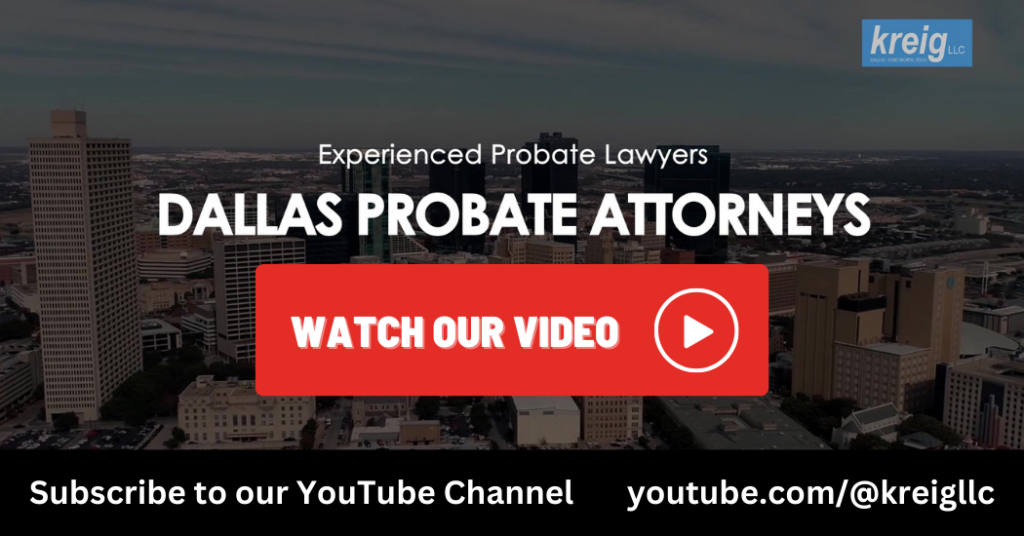You may be surprised to learn that if a will cannot be located, it may still be possible to probate the estate. To do so, you’ll need to follow the proper legal procedures and file the right paperwork with the court. This article will guide you through the process of probating a lost will.
What is probate?
Probate is the process of authenticating a will and distributing the deceased person’s assets to their beneficiaries. If a will can’t be found, the court may appoint an administrator to manage the estate. The probate process can be complex, so it’s important to seek legal counsel if you’re named in a will or are considering probating an estate.
How to probate a lost will
When someone dies, their will becomes a legal document that must be followed in order to distribute their belongings according to their wishes. If the will cannot be found, it is still possible to probate the will, but it may be more difficult. The process of probating a lost will is similar to probating any other will, but there are a few additional steps that may be required.
The first step is to search for the will. This may involve contacting the deceased person’s attorney or looking through their personal belongings. If the will cannot be found, the next step is to file a petition with the court. The petition must state that you believe the will exists and list the steps you have taken to try to find it.
Once the petition is filed, the court will appoint a trustee to oversee the distribution of the estate. The trustee will then take all necessary steps to locate the lost will. If they are successful, they will submit it to the court and begin the process of distributing the estate according to its instructions. If they are not successful, they may still distribute the estate according to state law.
The different types of probate
There are four different types of probate: informal, formal, ancillary, and summary.
Informal probate is the most simple and straightforward type of probate. It is typically used when the deceased has left a will that is clear and concise, there are no disputes among the beneficiaries, and the estate is not large or complex. The executor files a petition with the court to open probate, and once granted, can begin distributing the assets of the estate according to the terms of the will.
Formal probate is more complicated and is typically used when there are disputes among beneficiaries or other complications with the estate. In formal probate, the court appoints an executor to oversee the distribution of assets. The executor must file a variety of paperwork with the court, including an inventory of all assets in the estate, and must give notice to all interested parties. Once everything is in order, the court will issue an order distributing the assets of the estate.
Ancillary probate is used when the deceased owned property in more than one state. In this case, a separate probate proceeding must be opened in each state where the deceased owned property. The process is similar to formal probate, but can be even more complicated and time-consuming.
Summary probate is a simplified version of probate that is typically used when the estate is small and there are no disputes among beneficiaries. In summary probate, the executor files a petition with the court asking to be appointed as executor of the estate. Once granted, the executor can begin distributing the assets of the estate according to the terms of the will.
How to avoid probate
If you’re like most people, you probably want to avoid probate at all costs. After all, who wants to deal with the hassle and expense of going through the court system? Unfortunately, avoiding probate is not always possible. If you die without a will or other estate planning documents in place, your estate will likely have to go through probate.
There are a few things you can do, however, to reduce the chances that your estate will have to go through probate. One is to create a revocable living trust. With a living trust, your assets are transferred to the trust during your lifetime. The trustee then manages the assets according to your instructions. Because the assets are no longer in your name, they don’t have to go through probate when you die.
Another way to avoid probate is to designate beneficiaries for your accounts. Many financial accounts, such as life insurance policies and retirement accounts, allow you to designate a beneficiary who will receive the account funds when you die. The beneficiary designation trumps anything that might be said in your will, so it’s important to keep your beneficiary designations up-to-date.
Finally, you can also give away assets during your lifetime. For example, you can give each of your children a certain amount of money each year without incurring any gift taxes. Once the assets are out of your name, they won’t be subject to probate.
Of course, these strategies only work if you plan ahead. If you wait until you’re on your deathbed to give away assets or create a trust, it’s too late – the assets will have to go through probate.
Conclusion
If you’re faced with the task of probating a lost will, there are a few things you’ll need to do. First, you’ll need to locate any witnesses who can attest to the validity of the will. Next, you’ll need to file a petition with the court and provide evidence that the will is genuine. Finally, you’ll need to follow the court’s instructions for distributing the estate according to the terms of the will. While it may seem like a lot of work, probating a lost will is not an insurmountable task. With careful planning and attention to detail, you can ensure that the process goes as smoothly as possible.
Related Questions
Can a lost will be found?
If you think you may have lost your will, don’t despair. It is possible to probate a lost will, but it may be a bit more difficult than if you had the original document. You’ll need to provide proof to the court that the will existed and that you are the rightful heir to the estate. This can be done through witnesses who saw the will or by providing other documentation that shows you are entitled to the property. The process can be time consuming and costly, but it is possible to probate a lost will.
How do you get lost will?
There are a few ways that you can go about getting a lost will. The first way is to contact the lawyer who wrote the will. They may have a copy of the will on file or be able to help you locate the original. If you are unable to find the lawyer, you can check with the court where the will was filed. They should have a copy on file. If you still cannot find the will, you can file a petition with the court to have the will probated.
What is probate estate?
When a loved one dies, their estate must go through the probate process. Probate is the legal process of transferring a person’s assets to their heirs after they die. This includes distributing any property, such as houses or cars, as well as any money that is in the deceased person’s bank account. The probate process can be complicated, and it is often best to hire a lawyer to help you with it.
How to make a will for free?
Making a will is an important step to take in order to protect your assets and loved ones. Unfortunately, many people put off making a will because they think it is expensive or complicated. The good news is that it is neither of those things! You can easily make a will for free using one of the many online will-making services.
There are a few things to keep in mind when you are making your will. First, be sure to list all of your assets and debts. This will help your executor settle your estate after you pass away. Second, name an executor who you trust to carry out your wishes. This person will be responsible for ensuring that your assets are distributed according to your wishes. Finally, be sure to sign and date your will. Once you have done all of these things, you can rest assured that your loved ones will be taken care of according to your wishes.
How to probate a copy of a will in Texas?
If you have a copy of the will, you can probate it in Texas. You will need to file a Petition for Probate with the court, and include a copy of the will. The court will then appoint an executor, who will be responsible for administering the estate. If you do not have a copy of the will, you can still probate it, but you will need to provide more information to the court.
Don't miss out, get a copy today!












